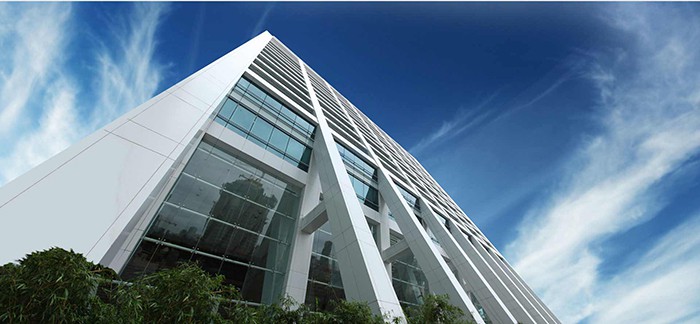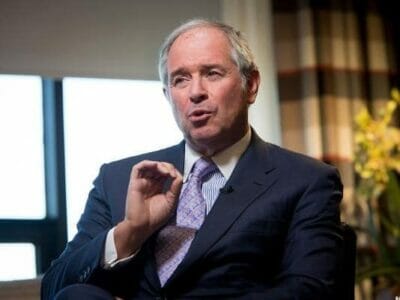
Blackstone is reported to be buying the remaining 50 percent of Indiabulls’ office portfolio
Blackstone is said to be within a few weeks of taking full control of Indiabulls Real Estate Limited’s office portfolio, according to people with direct knowledge of the matter cited by India’s Economic Times.
The deal will see Blackstone acquiring the remaining 50 percent of the 5 million square foot (464,500 square metre) office portfolio for a reported INR 48 billion ($679 million) after buying a half-stake in the set of assets during March.
A report in India’s Economic Times, citing market sources, indicates that both parties have agreed the terms of the transaction in principle.
The deal, which is set to be one of India’s biggest portfolio transactions, will reinforce Blackstone’s position as the largest commercial real estate owner in the country, while also marking the next step in Indiabulls Group’s exit from real estate.
With Indiabulls focusing on financial services as a planned merger with Lakshmi Vilas Bank looms, the group will use the proceeds to pay down Indiabulls Real Estate’s debt, which had hit INR 46 billion as of the end of the 2019 fiscal year.
Blackstone Takes a Bigger Bite Out of India
According to an Indiabulls Real Estate investor presentation from February of this year, the portfolio comprises 3.6 million square feet of completed properties along with another 1.4 million square feet of properties under construction,
Two of the completed properties are in Mumbai – One Indiabulls Centre and Indiabulls Finance Centre – while the portfolio also includes the Indiabulls Tech Park in Gurgaon, in the country’s National Capital Region.
Indiabulls’ development portfolio includes a pair of Mumbai office towers and an additional business park in Gurgaon.
The completed assets have an average occupancy of 96 percent, with annual rental income from the properties totalling INR 7.1 billion, according to the investor presentation.
More Ammunition for India’s First REIT
Blackstone is expected to add the portfolio to the Embassy Office Parks REIT, a joint venture between the New York-based firm and Embassy Group that became India’s first publicly listed REIT in April.

Stephen Schwarzman, Blackstone chairman and CEO, is continuing to build his India business
Providing investors with access to income from 33 million square feet of office and hospitality assets in Mumbai, Bangalore, Pune and Noida, the REIT’s IPO was 2.58 times subscribed and raised INR 47.5 billion for Blackstone and its partner, Embassy Group.
Including the Embassy REIT assets, the US alternative asset manager manages the biggest portfolio of office assets in India, after investing $5.3 billion in projects in Mumbai, Noida, Bangalore, Chennai, Pune, and Hyderbad.
As recently as last month Blackstone was continuing to add to its India holdings when it acquired the 407,000 square foot L&T Business Park near Mumbai for INR 7 billion.
PE Firms Eye Bargains in Beleaguered Sector
Blackstone’s latest acquisition comes as private equity firms continue to bite deeper into a beleaguered India property market, amid a sector-wide credit crunch that has seen local developers struggle to finance projects.
Canada’s Brookfield Asset Management, which manages $3.5 billion in India real estate assets, reportedly signed a memorandum of understanding last month to acquire a five-star hotel and sports club, as well as an undeveloped land parcel, for INR 7.5 billion.
In March, the Toronto-based company agreed to buy four hotels, a hospitality development project and branding rights to one of India’s elite hotel chains from Hotel Leela Venture for INR 3,950 crore, as well as the 1.2 million square foot ICICI Tower in Hyderabad for an amount between INR 1 billion and INR 1.2 billion.
As a further indication of market stress, Brookfield’s purchase of the Leela Hotels in March came after the hotel group had defaulted on INR 21.2 million in interest payments to a creditor, having built up a debt mountain of INR 36.6 billion.
Research firm Liases Foras reported in February that, on average, annual debt payment obligations for Indian developers currently average twice their yearly income, at the same time that home prices in Mumbai fell by 11 percent last year.
Leave a Reply